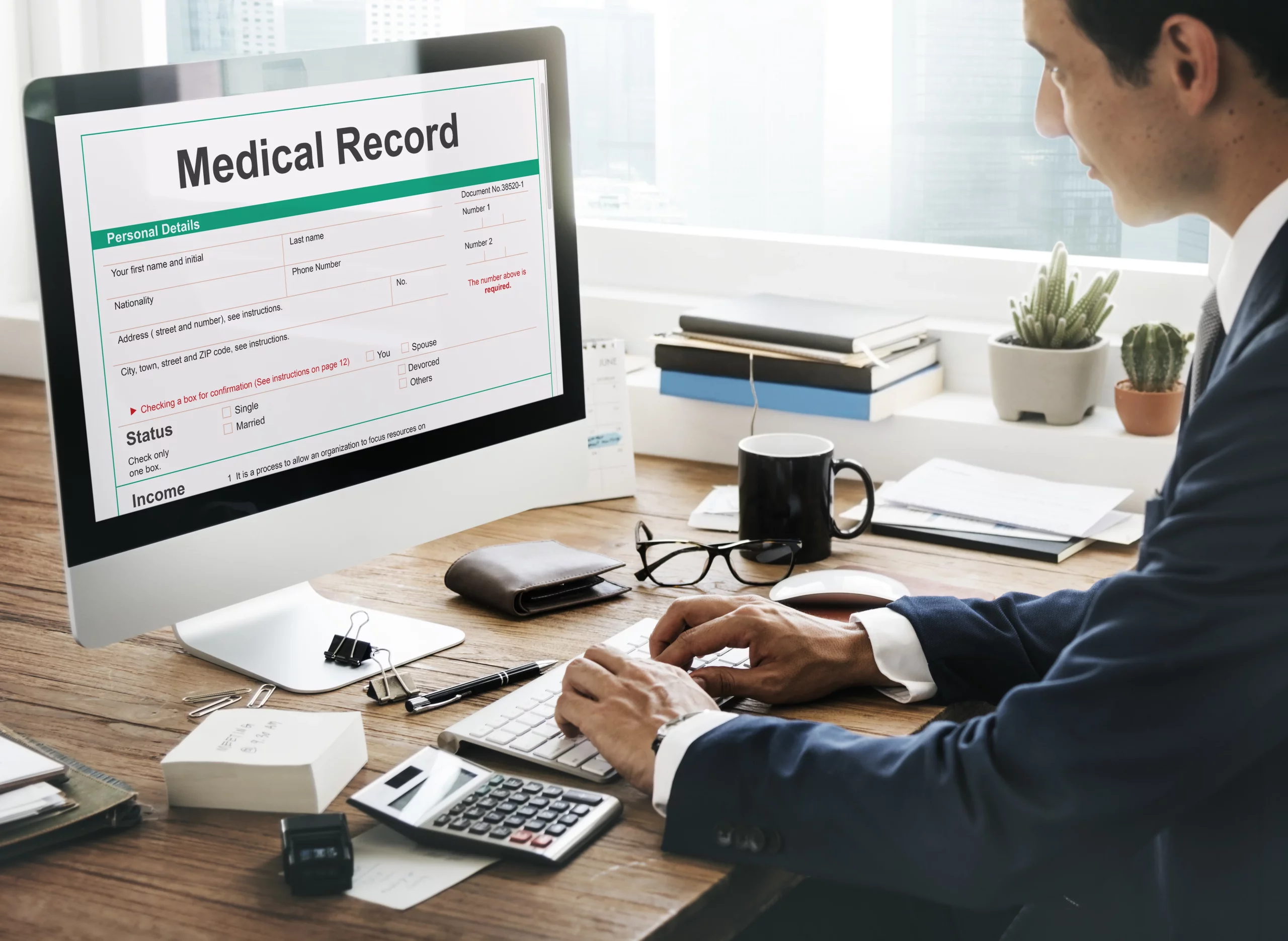What is a Medical Biller?
A Medical Biller is responsible for preparing and submitting medical claims to insurance companies, government agencies, and other payers for reimbursement of healthcare services rendered. Medical Billers play a critical role in revenue cycle management, ensuring the accuracy and completeness of billing information, and resolving issues related to claims processing and payment.
Medical Biller Job Description
Are you detail-oriented, organized, and skilled in healthcare billing procedures? We’re seeking motivated individuals to join our team as Medical Billers. As integral members of our healthcare facility, successful candidates will play a vital role in accurately processing medical claims, managing billing inquiries, and ensuring timely reimbursement for medical services provided.
As a Medical Biller, you will have the opportunity to contribute to the financial health of our organization by maximizing revenue, minimizing claim denials, and optimizing reimbursement rates.
The ideal candidate will possess a strong understanding of medical billing procedures, excellent analytical skills, and the ability to thrive in a fast-paced, deadline-driven environment.
What Does a Medical Biller Do?
Claims Processing and Submission:
- Prepare and submit medical claims for reimbursement to insurance companies, Medicare, Medicaid, and other payers, ensuring accuracy, completeness, and compliance with billing regulations and guidelines.
Billing Inquiries and Resolution:
- Respond to billing inquiries from patients, insurance companies, and healthcare providers, researching claim status, resolving billing discrepancies, and communicating effectively to ensure timely payment and resolution of issues.
Insurance Verification and Authorization:
- Verify insurance coverage, eligibility, and benefits for patients, obtain prior authorizations for medical services and procedures, and coordinate with insurance carriers to facilitate claims processing and payment.
Coding and Documentation:
- Assign appropriate medical codes to diagnoses, procedures, and services using ICD-10, CPT, and HCPCS code sets, ensuring accuracy and compliance with coding guidelines and regulatory requirements.
Revenue Cycle Management:
- Monitor and track the status of medical claims, identify and resolve claim denials, rejections, and unpaid claims, and follow up with payers to appeal denied claims and ensure timely reimbursement.
Patient Billing and Collections:
- Generate patient statements, invoices, and bills for services rendered, review accounts receivable balances, and follow up on outstanding patient balances to facilitate timely payment and minimize bad debt.
Compliance and Regulatory Compliance:
- Maintain up-to-date knowledge of healthcare billing regulations, coding guidelines, and payer policies, ensuring compliance with HIPAA, CMS, and other regulatory requirements governing medical billing practices.
Electronic Health Records (EHR) Management:
- Use electronic health record (EHR) systems and billing software to input, update, and manage patient demographic information, insurance details, and billing records accurately and securely.
Financial Reporting and Analysis:
- Generate reports and analytics on billing and reimbursement trends, claim volumes, denial rates, and revenue cycle performance metrics to identify areas for improvement and optimize revenue generation.
How Much Do Medical Billers Make?
The median annual salary for Medical Billers in the United States is $48,057.
Skill Requirements
- Medical Billing Knowledge: Medical Billers must possess a strong understanding of medical billing procedures, terminology, coding systems (ICD-10, CPT, HCPCS), and insurance billing regulations to accurately process medical claims and optimize reimbursement.
- Attention to Detail: Medical Billers should demonstrate attention to detail in reviewing, coding, and processing medical claims, ensuring accuracy, completeness, and compliance with billing guidelines and regulatory requirements.
- Analytical Skills: Medical Billers should have strong analytical skills to analyze billing data, identify trends, patterns, and discrepancies in claim submissions, and resolve billing issues to maximize revenue and minimize claim denials.
- Communication Skills: Medical Billers should have effective communication skills to interact with patients, insurance companies, healthcare providers, and internal stakeholders, conveying information clearly, professionally, and empathetically.
- Problem-Solving Abilities: Medical Billers should be proactive problem-solvers, capable of researching and resolving billing inquiries, claim denials, and reimbursement issues efficiently and effectively to ensure timely payment and revenue optimization.
- Computer Proficiency: Medical Billers should be proficient in using electronic health record (EHR) systems, medical billing software, and office productivity tools to input, retrieve, and manage billing information accurately and securely.
Example KPIs for a Medical Biller
- Claims Submission Accuracy: This KPI measures the percentage of accurately submitted medical claims, tracking claim acceptance rates and minimizing claim rejections, denials, and errors to optimize reimbursement and revenue generation.
- Days in Accounts Receivable (AR): This KPI evaluates the average number of days it takes to collect payment for medical services rendered, monitoring accounts receivable turnover and identifying inefficiencies in billing processes to reduce AR days and improve cash flow.
- Claim Denial Rate: This KPI tracks the percentage of denied medical claims, identifying root causes of claim denials, implementing corrective actions, and appealing denied claims to maximize reimbursement and minimize revenue loss.
- Clean Claim Rate: This KPI measures the percentage of clean claims submitted to payers without errors or discrepancies, assessing billing accuracy and compliance with coding guidelines and payer requirements to optimize claim acceptance and payment.
How Can Glider AI Help You with Hiring a Medical Biller?
Glider’s recruitment platform is designed to streamline the hiring process for Medical Billers by leveraging AI-driven assessments and analytics. Utilize Glider AI Skill Intelligence™ to identify top-quality candidates, streamline candidate screening, and ensure a mobile-first, candidate-friendly experience.
Glider AI’s Unique Features
- AI Proctoring
- Skills-based assessments
- Ensure Hiring Compliance
- Conversational Chatbot for Talent Screening
- Powerful candidate analytics
- Streamline Healthcare Hiring with AI and Automation
Go ahead and spotlight your Medical Biller with Glider AI today!
Schedule a Demo or contact us at info@glider.ai



